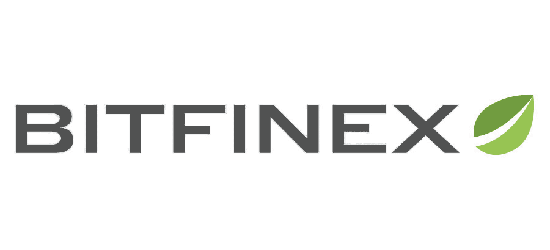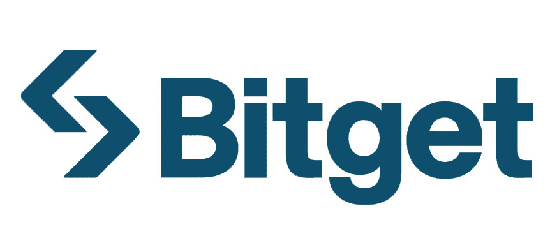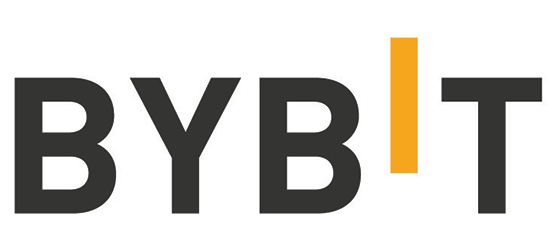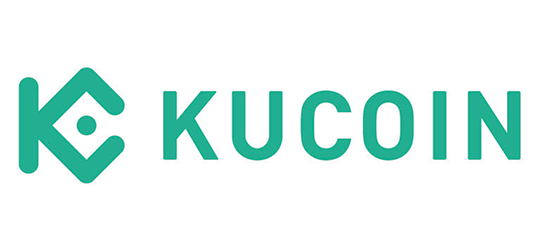
Mastercard Enters Strategic Partnership with Blockchain Companies to Explore CBDCs
Mastercard a global payment leader has unveiled a new collaboration initiative aimed at advancing Central Bank Digital Currencies (CBDCs) by partnering with notable names in the blockchain and payment technology sectors. This move, announced on August 17th, seeks to enhance the understanding of the potential advantages and limitations of CBDCs.
Mastercard's partnership program will encompass leading entities such as Ripple and Consensys, along with Fluency, Idemia, Consult Hyperion, Giesecke+Devrient, and Fireblocks. The renowned payment company is strategically positioning itself within the CBDC landscape, aligning with prominent players like Ripple to tap into this expanding market.
The initiative underscores the growing prominence of CBDCs in the financial domain, with central banks displaying heightened interest in these digital currencies. This trend highlights the potential of CBDCs to reshape the financial landscape, a momentum Mastercard aims to capitalize on to solidify its presence in the CBDC sector.
While Mastercard has not yet disclosed specific plans for the partnership, it has highlighted crucial elements within the CBDC realm, such as security, privacy, interoperability, private sector involvement, innovation stimulation, and operational efficiencies.
The Mastercard program acts as a hub for companies that have played pivotal roles in various aspects of CBDC development. Ripple, which recently launched a dedicated CBDC platform, ConsenSys, a software firm deeply engaged in multiple CBDC projects, and Fluency, a provider of tokenized asset solutions, each feature prominently within this initiative.
Mastercard's engagement with the crypto space has been notable over the years, and while it has scaled back its involvement recently, the company remains firmly supportive of CBDCs. It has actively participated in collaborations with esteemed institutions such as the Bank for International Settlements, the New York Federal Reserve Bank, and individual central banks, solidifying its commitment to shaping the future of digital currencies.

















